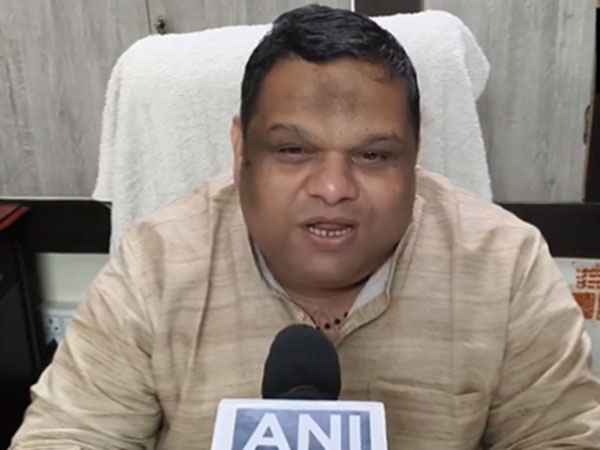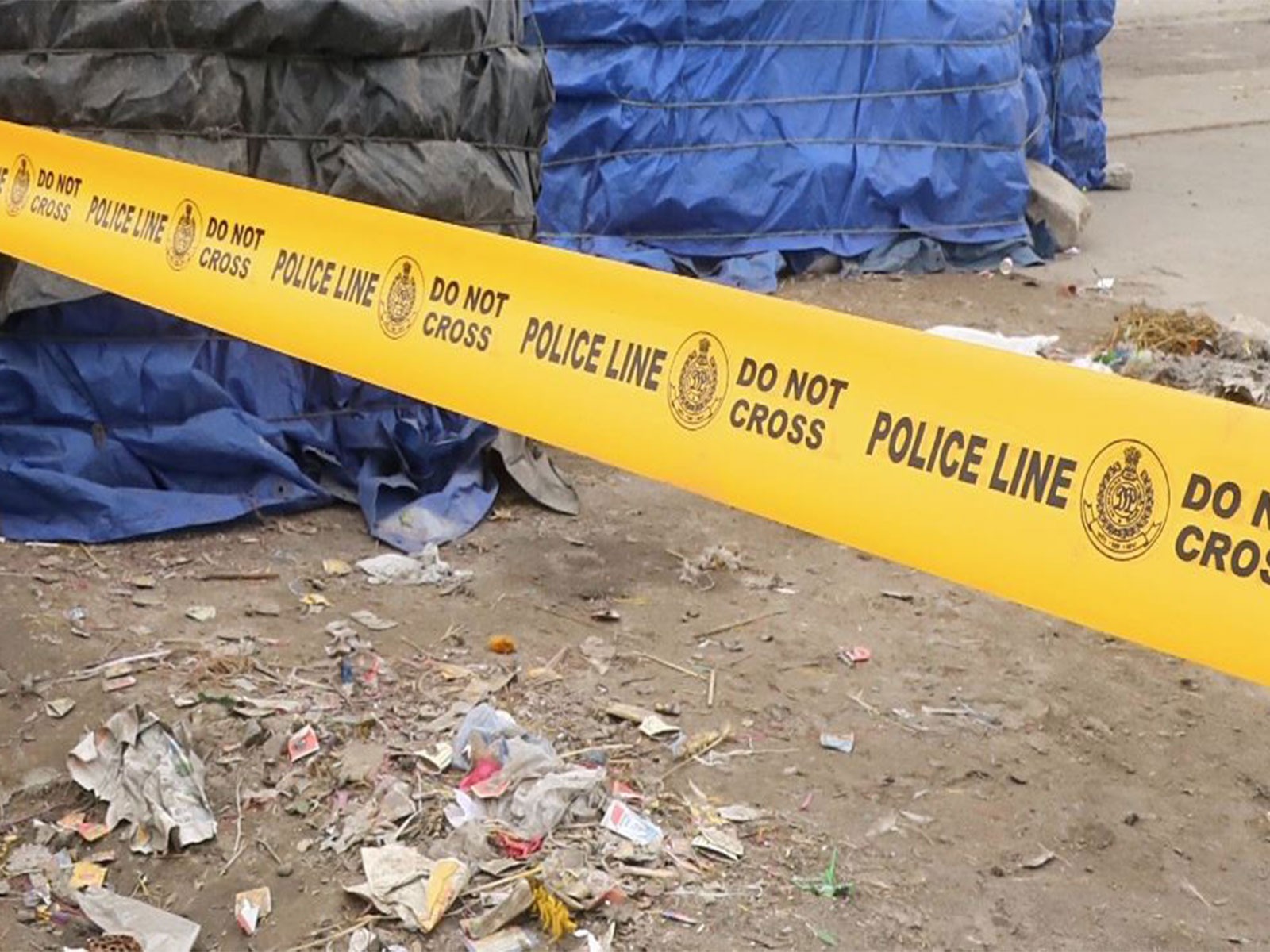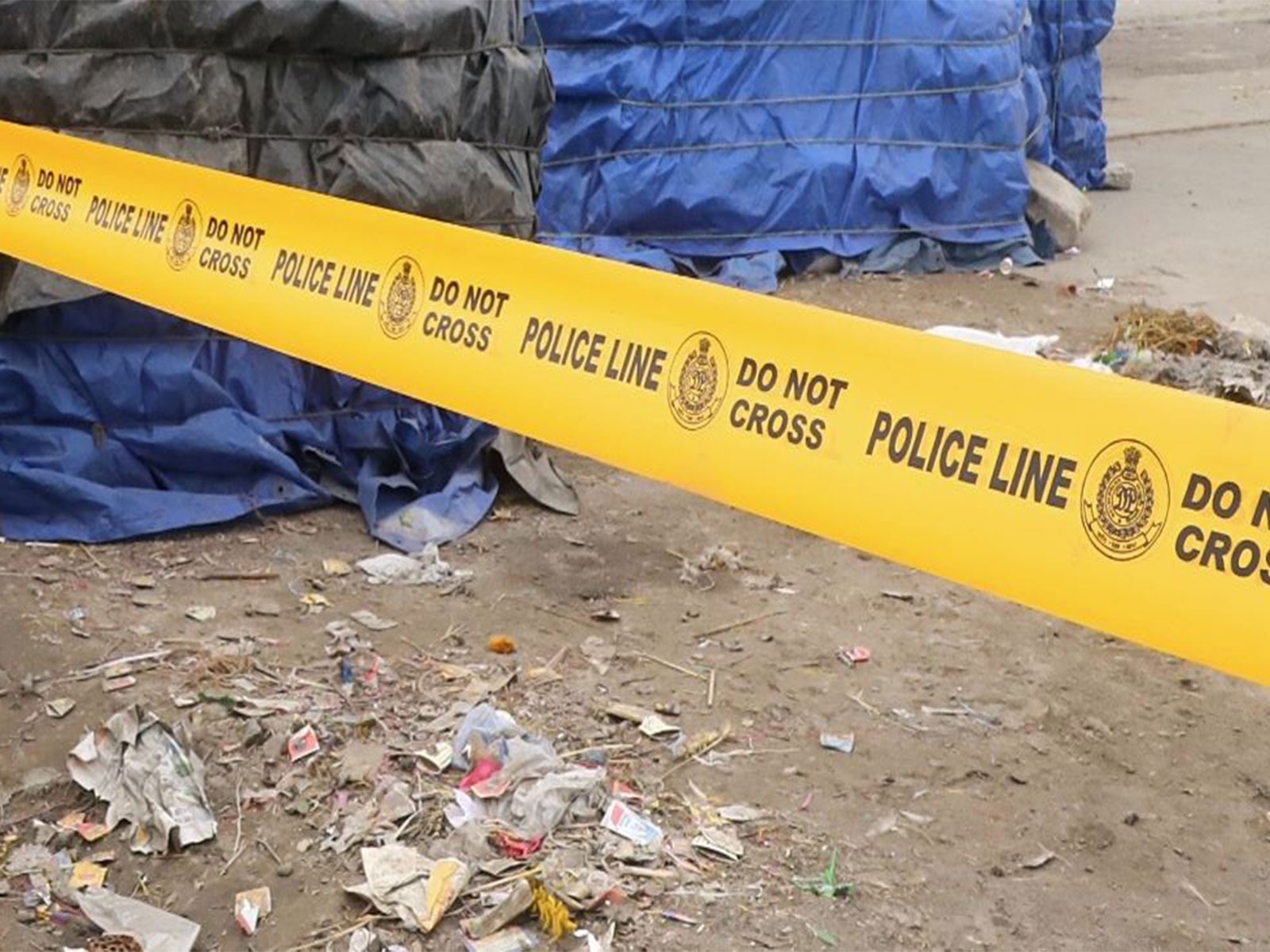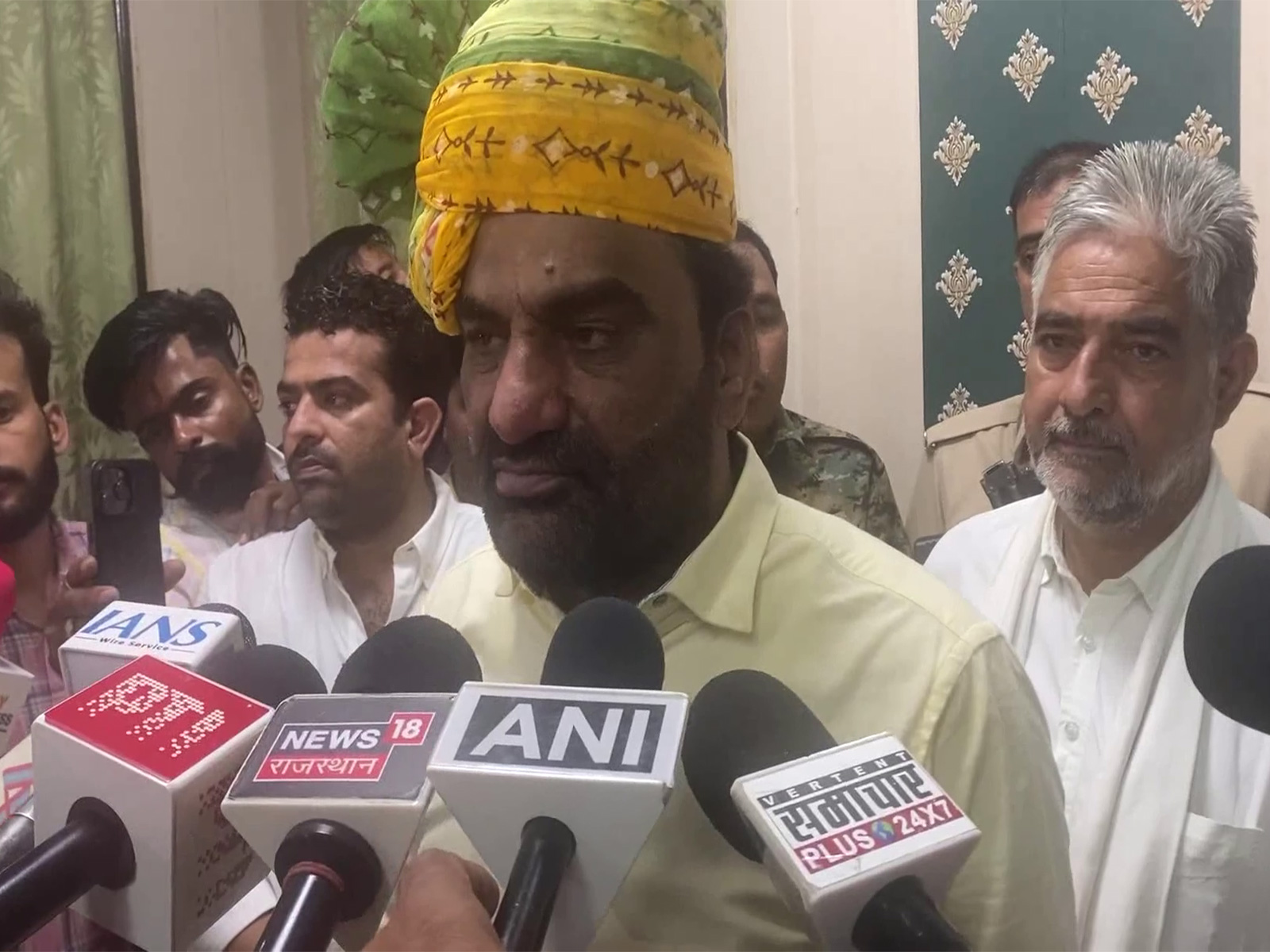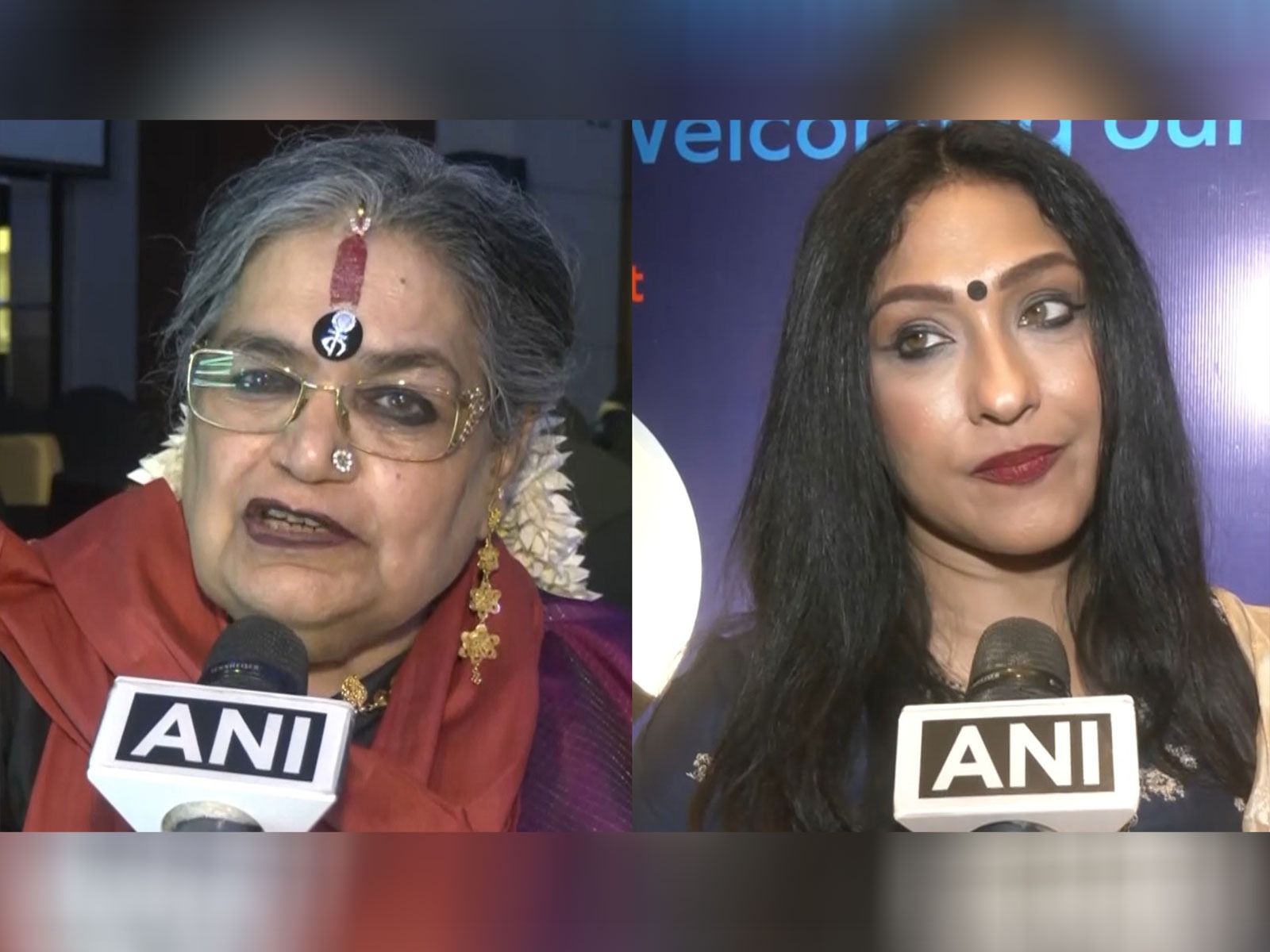Vidisha (Madhya Pradesh) [India], November 5 (ANI): Reacting to the Supreme Court’s decision upholding the constitutional validity of the UP Board of Madrasa Education Act, 2004, former Chairperson of the National Commission for Protection of Child Rights (NCPCR), Priyank Kanoongo, expressed disappointment that the court remained silent on the constitutional rights of madrasa students.
“In Paragraph 76 of the judgement, the Supreme Court referenced the Pramati Education Society and others vs the Union of India case. With this mention, we had hoped the court would refer the case to a larger bench. Previously, a constitutional bench ruled that the Right to Education (RTE) would not apply to minority schools, but this decision pertains to madrasas, which are exempt from RTE. It is disheartening that the Supreme Court has not addressed the constitutional rights of madrasa students,” Kanoongo told ANI.
He also extended his appreciation to the court, noting that their primary concern was that Hindu students should not receive Islamic religious education in madrasas funded by the government, a stance that the court recognised.
“Additionally, another key issue was that Hindu students should not be taught Islamic religious education in madrasas with government assistance, as this relates to Article 28(3) of the Indian Constitution. The Supreme Court acknowledged this point, for which we are grateful. This was clearly established in Paragraph 86 of the judgement,” he added.
Notably, the Supreme Court on Tuesday upheld the constitutional validity of the ‘Uttar Pradesh Board of Madrasa Education Act, 2004’, setting aside the Allahabad High Court’s March 22 verdict, which had invalidated the Act.
A bench comprising Chief Justice of India DY Chandrachud, along with Justices JB Pardiwala and Manoj Misra, declared that the Madrasa Act is unconstitutional only insofar as it regulates higher education concerning ‘Fazil’ and ‘Kamil’ qualifications, as this conflicts with the UGC Act.
The Madrasa Act governs educational standards in Uttar Pradesh, the bench stated while delivering the verdict on appeals against the High Court’s decision.
The court noted that the right of minorities to manage educational institutions is not absolute, and the state may regulate the standards of such education.
The Allahabad High Court had previously struck down the UP Madrasa Act on the grounds that it violated the principle of secularism–a fundamental aspect of the Constitution’s basic structure.
The Supreme Court clarified that a law can be invalidated for infringing fundamental rights under Part III of the Constitution or due to a lack of legislative competence, but not solely for violating the basic structure.
“The legislative intent of the Act is to standardise the quality of education provided in madrasas. The Madrasa Act does not interfere with the day-to-day functioning of madrasas; it is meant to protect minority rights in Uttar Pradesh and aligns with the state’s responsibility to ensure students can gain employment and lead a dignified life,” stated the court.
During the case hearing, the Supreme Court described India as a “melting pot of cultures, civilisations, and religions” and emphasised the importance of measures to preserve this diversity. (ANI)
Disclaimer: This story is auto-generated from a syndicated feed of ANI; only the image & headline may have been reworked by News Services Division of World News Network Inc Ltd and Palghar News and Pune News and World News
HINDI, MARATHI, GUJARATI, TAMIL, TELUGU, BENGALI, KANNADA, ORIYA, PUNJABI, URDU, MALAYALAM
For more details and packages


